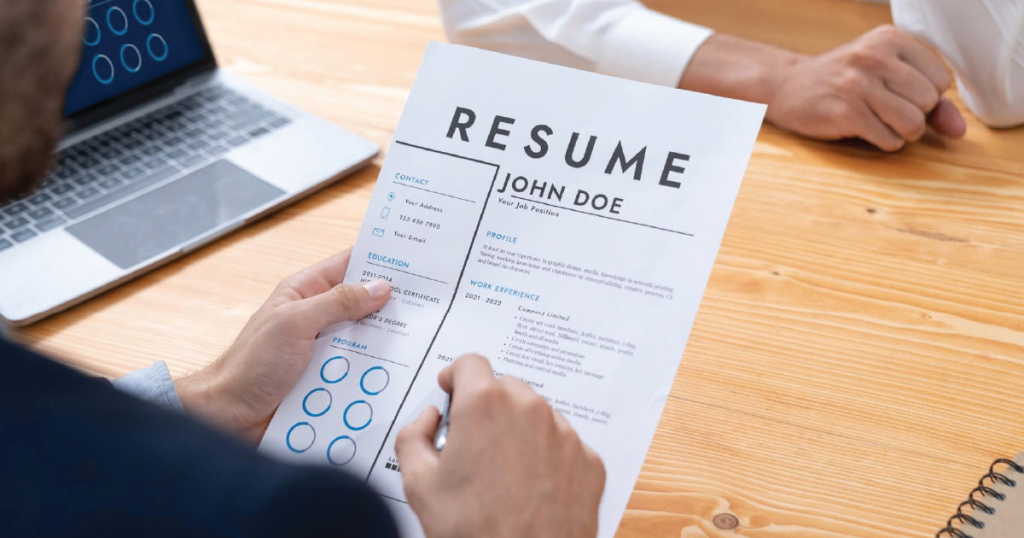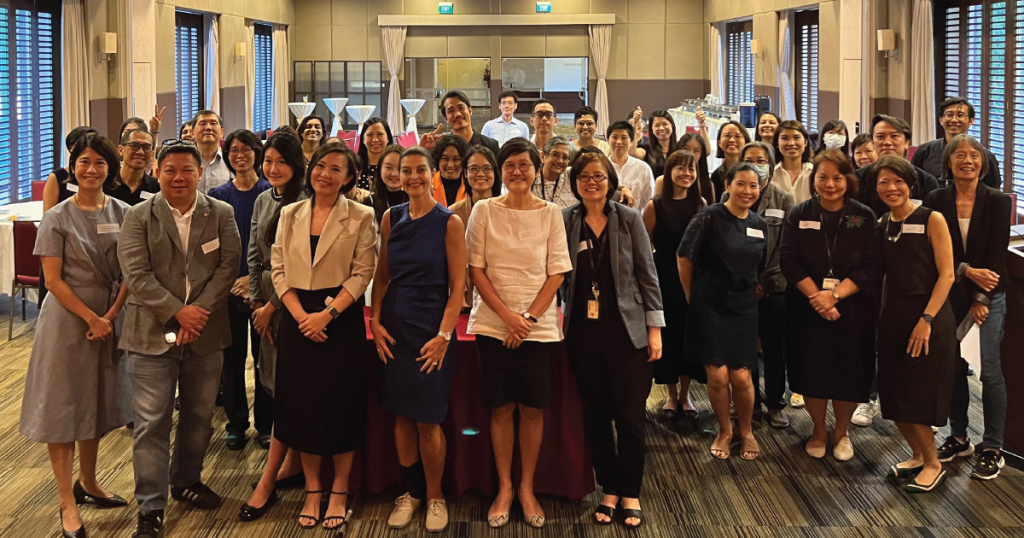
Shifts In Workplace Expectations For The Post-Pandemic World: Research From The Adecco Group Asia
Organisations must navigate the new set of employee expectations, defining the new working parameters for a new era of work.
-
A potential end of the traditional 9 to 5 work hours, with nearly 70% of respondents claiming more flexibility and autonomy over their own working schedules. Singapore, 81% would like more flexibility in how and where they work.
-
Increased demand for upskilling and reskilling as an unintended consequence of lockdown, with nearly 77% of respondent deeming remote working skills and digital training as highly important. In Singapore, 62% felt that their digital skills have improved as a consequence of remote working, with 69% wanting more digital upskilling post-pandemic. 72% would like to enhance their skills in managing remote teams, followed by 70% company platforms/ systems, 70% in soft skills development and 70% in creative thinking.
- Leaders are expected to reinvent themselves as more emotionally intelligent, with 82% of respondents claiming the importance of a leadership style focused on empathy. In Singapore, 82% feels that it is important for them to feel trusted to get the job done. 78% feels that it is important for them to be confident of their job security
SINGAPORE, SEP 29, 2020 – The coronavirus pandemic has impacted all corners of our world, creating pivotal shifts in attitudes and expectations among workers and leaders. For example, the pandemic may signal the end of the traditional 40-hour work week and hours-based contract work, according to a recent study conducted by The Adecco Group.
The Adecco Group, the world’s leading HR solutions company, surveyed 8,000 office-based respondents (aged 18-60) across Australia, France, Germany, Italy, Japan, Spain, the UK and the USA in May 2020, examining the expected short- and long-term impact of the pandemic on resetting workplace norms. The full study, Resetting Normal: Defining the New Era of Work, can be found here.
A similar study has been carried out in Asia to determine the changed expectations of Asian workers. 1,500 workers across China, Hong Kong, Taiwan, Singapore, Malaysia, Thailand, Vietnam, India and South Korea were surveyed.
The findings reveal a stark emerging shift in many of the entrenched working patterns that have held for generations – and a clear gap between the expectancy of workers and the capabilities of organisations in rising to meet them.
Ian Lee, CEO of The Adecco Group APAC, says: “COVID-19 has prompted businesses to rethink how they operate, as well as to restructure how they approach employee relationships with work, technology and the wider society. We will eventually come to the end of the COVID-19 tunnel, but what we know for sure is that the world of work will never return to the pre-pandemic standard of normalcy. To transform rather than survive through the crisis, businesses must seize this unprecedented opportunity to ‘ResetNormal’ to create a more inclusive and productive world of work. This means listening to the voices of people and establishing norms that cater for their betterment, even if it requires them to break-through traditional boundaries.”
Key research highlights:
-
Across Asia, workers believe that government, employers and individuals hold almost equal responsibility for ensuing a better working world. The wider global survey found that respondents put more emphasis on the responsibility of their employers to ensure a better world of work, with 80% believing they held responsibility compared to only 68% across Asia. In Singapore, 83% state that the country government is responsible, 78% agree that it is one’s individual responsibility and 73% employer.
-
The research revealed that the working world is ready for a new “hybrid” model, with over 30% of respondents claiming that they would like to spend at least half of their working hours working remotely from home. In Singapore, 81% of the respondents feel that it’s good to have a mixture of office and remote working. 80% find that maintaining a good work-life balance is the most important for them after the pandemic.
-
Additionally, 74% of respondents claimed that they agree that the increased flexibility in working patterns will make jobs in their profession accessible to more people compared to before the pandemic, with 81% of respondents agreeing that both individuals and businesses will benefit from allowing increased flexibility around office and remote working. In Singapore, 82% feels that flexibility around work and remote working will be beneficial, 84% of respondents feel that the focus of work should be on meeting the needs of the role instead of the number of hours worked.
-
The pandemic has demanded a new set of leadership competencies and these expectations are expected to accelerate a reinvention of the modern-day leader. Emotional intelligence has clearly emerged as the defining trait of today’s successful manager, with 82% of respondents across APAC claiming that a leadership style focused on empathy and a supportive attitude is highly important. In Singapore, this competency ranked the highest at 93%.
- Finally, the findings highlighted the importance of sustaining trust in the new working world. When asked the level of trust that respondents have towards different stakeholders, 70% claimed to have high trust in the government to support them during a future pandemic. This is in stark contrast to our global results where only 42% of respondents trusted in their governments to support them indicating that Asia’s government response to Covid– 19 has been well received by individuals.
“The decisions made by employers today will influence their status as an employer of choice for many years to come,” says Betul Genc, Country Manager of Adecco Singapore. “The war for talent will be won and lost on the battlegrounds of flexibility, skills investment, leadership and trust. The organisations that are able to ‘reset normal’ on these four dimensions will not only secure the best talent, but will also be the most effective in managing their human capital to create sustainable success for their organisations, for the individuals they employ, and for society at large.”
Download the APAC Reset Normal Future of Work Survey Results full report below.










